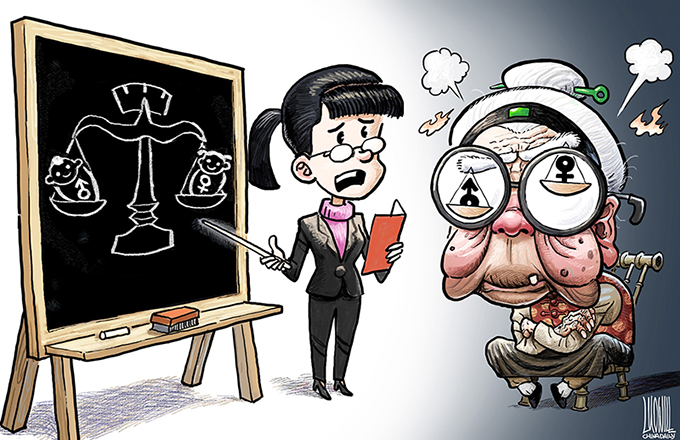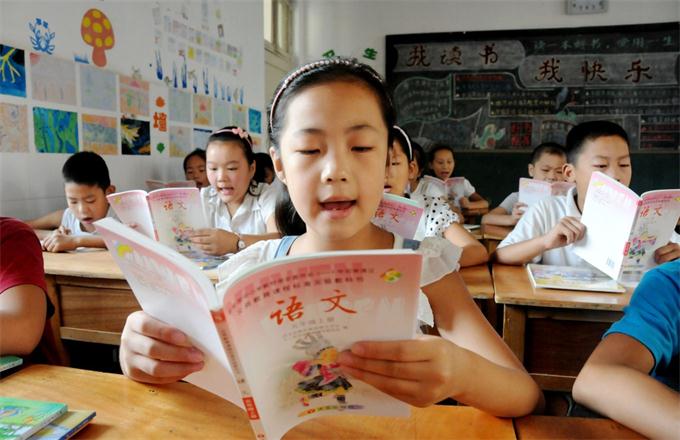Transatlantic trends of trade
The reaction in Asia to the news was uneven, with only China and the Republic of Korea seemingly giving consideration to the significance of the news. The media in Japan largely confined themselves to reporting the announcement. One knowledgeable Japanese source suggested that political opinion and analyses of the implications of a US-EU FTA were being hampered because of the scheduled elections for the Upper Chamber this summer, which might solidify the position of Prime Minister Shinzo Abe and thus clarify his administration's position on international trade relations, including proposed accords with the EU and US. India is already conducting trade negotiations with the EU, which both sides have suggested could conclude this year. While Singapore, another important Asian trader, has virtually concluded such negotiations with the EU.
Undoubtedly, a US-EU FTA would have a tremendous impact on China. All the developing countries would likely be under pressure to obey the rules set by the US-EU FTA. Chinese trade reached $3.87 trillion in 2012, surpassing the $3.82 trillion figure of the US. Therefore, China would be the first country affected by the FTA.
As the largest trading nation, China would expect to benefit the most from a global system of free trade. As a result, it is in China's interest for the Doha Round of trade negotiations to be concluded as soon as possible. The proposed US-EU FTA demonstrates that the two economic superpowers have less interest in establishing a multilateral trade system, and, without their active participation, the Doha Round will continue to drag on with no end in sight.
A US-EU FTA would exert more pressure on China to negotiate FTAs with its trade partners, including the US and the EU. But as they would be negotiating their own FTA, neither the US nor the EU would have the time or interest in starting new FTA talks with China. Even if they did, they would probably urge China to make concessions on many areas of their economic relations.
A US-EU FTA would also make it difficult for China to expand its exports to the US and the EU. Every FTA tends to demonstrate the so-called trade creation effect and trade diversion effect. The creation effect is good for the partners in an FTA, but the diversion effect is bad for other trade partners. Most Chinese exports are labor-intensive and they would be less affected by the creation effect, however, a growing part of Chinese exports is not labor-intensive and these Chinese products will suffer from the diversion effect.
Negotiations for the US-EU FTA will take years to materialize. In the meantime, China will be in a passive position watching to see what the US-EU FTA will include and how it will change the global trade system.
David Fouquet is a senior associate of the European Institute of Asian Studies in Brussels. Jiang Shixue is deputy director of the European Studies Centre at the Chinese Academy of Social Sciences in Beijing.
(China Daily 02/23/2013 page5)

























